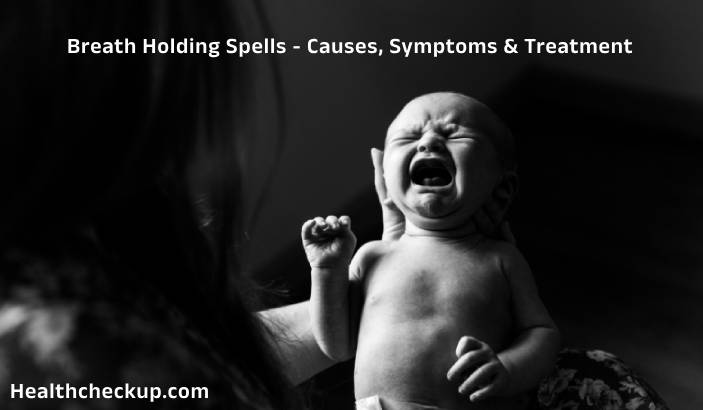If you have older relatives, it is highly likely that you’ve met or heard of someone with Alzheimer’s disease – the most well-known type of dementia. Alzheimer’s disease is one of the most common forms of irreversible cognitive decline. Due to increasing life expectancies around the globe, we can expect Alzheimer’s and dementia rates to increase dramatically in the coming decades.
A diagnosis of Alzheimer’s for you or a loved one can be terrifying and overwhelming. However, there are many memory care facilities to provide you with support and care. In this article, you will learn about the causes and symptoms of Alzheimer’s disease.
The Causes
The cause of Alzheimer’s disease is still unknown, but on a molecular level, brain proteins’ malfunction interferes with the operation of brain cells called neurons. The connections between damaged neurons are lost, and eventually, the neurons degenerate.
Alzheimer’s disease results from hereditary, dietary, and environmental variables. In 1% of cases, the cause of Alzheimer’s disease is genetic abnormalities that almost always result in a person getting the illness. Usually, damage begins in the memory-controlling area of the brain. However, the harm is already happening years before any symptoms appear. The brain dramatically decreases in size when a patient presents with a disease.
The Symptoms
The main symptom of Alzheimer’s disease is memory loss, and early signs include difficulty in recalling previous conversations or events. Since it’s a degenerative condition, its signs and symptoms progressively worsen over time. The Alzheimer’s Association has created this list of typical symptoms to aid family members, and medical professionals in identifying early indications of Alzheimer’s disease.
- Memory Loss
Everyone occasionally experiences memory loss, but Alzheimer’s disease memory loss is persistent and worsens, making it difficult to carry out daily tasks at home or work. Alzheimer’s patients may:- Repeat sentences and inquiries often
- Forget discussions, appointments, or activities
- Often lose belongings and frequently place them in odd places
- Eventually, forget the names of loved ones
- Difficulty Performing Daily Tasks
Daily chores we usually do without thinking because we are so familiar with them are difficult for people with dementia. They find it difficult to perform routine activities like getting dressed in the morning or eating breakfast. They might also have issues managing their prescriptions or paying their bills. As the disease worsens, it becomes difficult for a person to use the phone, write, or drive. - Problem in Making Decisions
Reasonable judgment and decision-making skills deteriorate as a result of Alzheimer’s disease. People with dementia behave uncharacteristically or poorly in social situations. They can dress inappropriately to the season, donning numerous shirts or blouses on a warm day or wearing very little in the winter. Handling common issues like financial situations or sudden driving situations could be more challenging. - Behavioral Changes
Moods and behaviors may be affected by the brain alterations that result from Alzheimer’s disease. Issues could involve any of the following:- Modifications in sleeping patterns
- Loss of self-control
- Delusions
- Losing interest in activities
- Loss of empathy
- Socially unacceptable behavior
- Getting irritated, angry, or anxious more frequently
- According to studies published in 2016, a person’s sense of humor change is an early sign of Alzheimer’s disease
- Difficulty in Communication
Alzheimer’s patients may find it challenging to participate in a discussion. They might begin to speak repetitively or form words that appear authentic but are meaningless. They are unable to name familiar things. Alzheimer’s patients may eventually lose their capacity for coherent speech and writing.
Endnote
Many people are unaware of the severe health problems caused by Alzheimer’s disease. Although Alzheimer’s disease is usually diagnosed and treated in older adults, research has found that it can affect people of any age.
Your ability to begin treatment depends on how quickly a disease is diagnosed. If you or your loved one is concerned about memory loss, it may be wise to contact your doctor. You may also want to search online for memory care services in your area. Most memory care facilities offer counseling and social activities to help you and your loved one cope with the disease.








